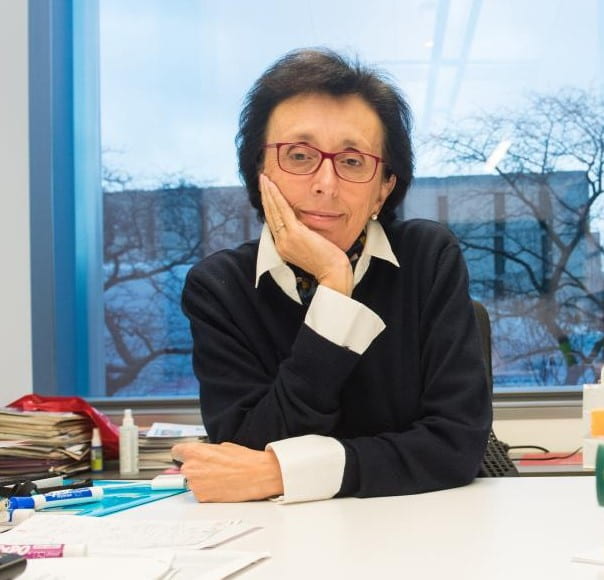
QISE-NET Virtual Meeting – June 14-16, 2021
All Seminars Begin at 11 AM CST.
Link to Webinar: Follow this Link to register for the 3-day event
Link to Poster Venue: PME Gathertown (the password is on the agenda, or in your email of May 7, 2021)
Monday, June 14, 2021
 Aaron Marsh, Rufus Cone and Josh Doherty (Montana State University and Montana Instruments) QISE-NET Triplet.
Aaron Marsh, Rufus Cone and Josh Doherty (Montana State University and Montana Instruments) QISE-NET Triplet.
- Welcome David Awschalom, UChicago, Senior Scientist, Argonne
- 11:05 Marco Pistoia, Managing Director, Research and Engineering, JPMorgan Chase
- 11:50 Ten minute break
- 12:00 Student Presentations and Close
12:00 — Christina Daniel
12:12 — Andy Goldschmidt
12:24 — Swarnadeep Majumder
12:36 — Shi-Ning Sun
12:48 — Daochen Wang
Tuesday, June 15, 2021
- Welcome Danna Freedman, MIT
- 11:05 Student Presentations
11:05 — Ashley Blackwell
11:17 — David Curie -
11:30 — Moderated by Elizabeth Goldschmidt Perspectives from recent QISE-NET Grads: Natalie Brown, Honeywell Quantum Solutions; Kanav Setia, QBraid; and Tongyang Li; Post Doctoral Appointee at MIT
- 12:10 Poster Session Opens
Wednesday, June 16, 2021
- Welcome David Awschalom
- 11:05 Student Presentations
11:05 — Hugo Larocque
11:17 — Rianna Greer - 11:30 Giulia Galli, Senior Scientist at Argonne National Laboratory and Director the Midwest Integrated Center for Computational Materials, Galli is also a Professor at UChicago
- 12:00 Student Presentations
12:00 — Tristan Wilkinson
12:13 — Matthew Van Niekerk
12:26 — Navin Lingaraju - 12:40 Poster Session and Close
The Agenda for the 3-day Event is a work in process. Check back to review as we will update regularly.
We look forward to hearing about the work of all our Qise-Net Students.
Click here for QISE-NET June 2021 agenda – 06.15 1000
List of Participants and their Poster Titles: QISE-NET June 2021 – Supp.Doc.final 06.14.21 0527
How To Protect A Quantum Computer From Itself
 Check out the APS News story about QISE-NET fellow Natalie Brown, a grad student at Georgia Institute of Technology. Brown used simulations of a 36-qubit computer to study a particular type of error known as a leakage error. These errors arise because qubits are not perfect two-state systems; they can include third, fourth, or more energy levels, and a so-called “leakage” occurs when the qubit is accidentally put in one of these higher states. In an analysis of these errors, Brown found that leakage errors in ancilla qubits were much more damaging than those in data qubits.
Check out the APS News story about QISE-NET fellow Natalie Brown, a grad student at Georgia Institute of Technology. Brown used simulations of a 36-qubit computer to study a particular type of error known as a leakage error. These errors arise because qubits are not perfect two-state systems; they can include third, fourth, or more energy levels, and a so-called “leakage” occurs when the qubit is accidentally put in one of these higher states. In an analysis of these errors, Brown found that leakage errors in ancilla qubits were much more damaging than those in data qubits.
 Xi Cao, attained his PhD from the University of Pittsburgh, IBM was his corporate triplet partner. Xi has accepted a postdoctoral appointment at the University of Illinois – Urbana Champaign.
Xi Cao, attained his PhD from the University of Pittsburgh, IBM was his corporate triplet partner. Xi has accepted a postdoctoral appointment at the University of Illinois – Urbana Champaign.